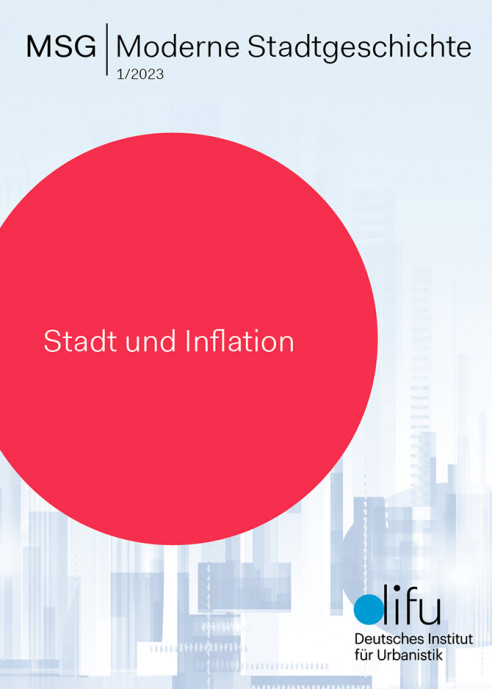Ankommen und Unterkommen in West-Berlin. Wechselwirkungen von Migrations-, Unterbringungs- und Wohnungspolitik
DOI:
https://doi.org/10.60684/msg.v54i1.11Schlagworte:
Migrationspolitik, Wohnen, 1970er Jahre, 1980er Jahre, West-BerlinAbstract
Many historical studies on migration to Germany are still based on individualistic theories of action, often accompanied by a deterministic concept of culture. After briefly recapitulating the state of research, the article proposes a change of perspective by examining migration policy categorisations and their consequences on the basis of West Berlin's housing and accommodation policy in the 1970s and early 1980s. This enables a joint analysis of the way society deals with migration and overarching processes of social change.
By regulating access to housing for certain groups, the West Berlin Senate attempted to control the length of stay of migrants and consequently the composition of the population. During the first half of the 1980s, the previously hardly questioned hierarchisation of immigrants solely on the basis of their origin and the associated attributions increasingly began to falter, and their categorisation as either mobile or sedentary gained in importance.
Downloads
Veröffentlicht
Ausgabe
Rubrik
Lizenz
Copyright (c) 2023 Malte Borgmann

Dieses Werk steht unter der Lizenz Creative Commons Namensnennung 4.0 International.






